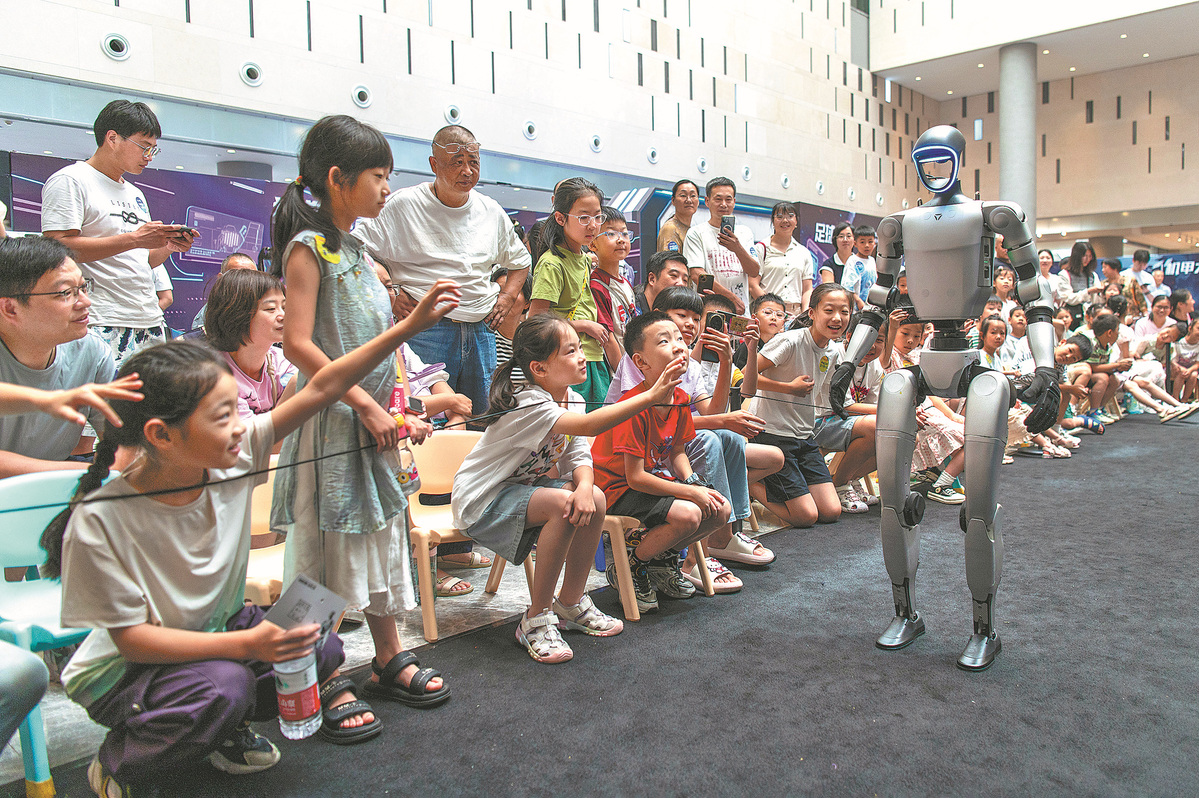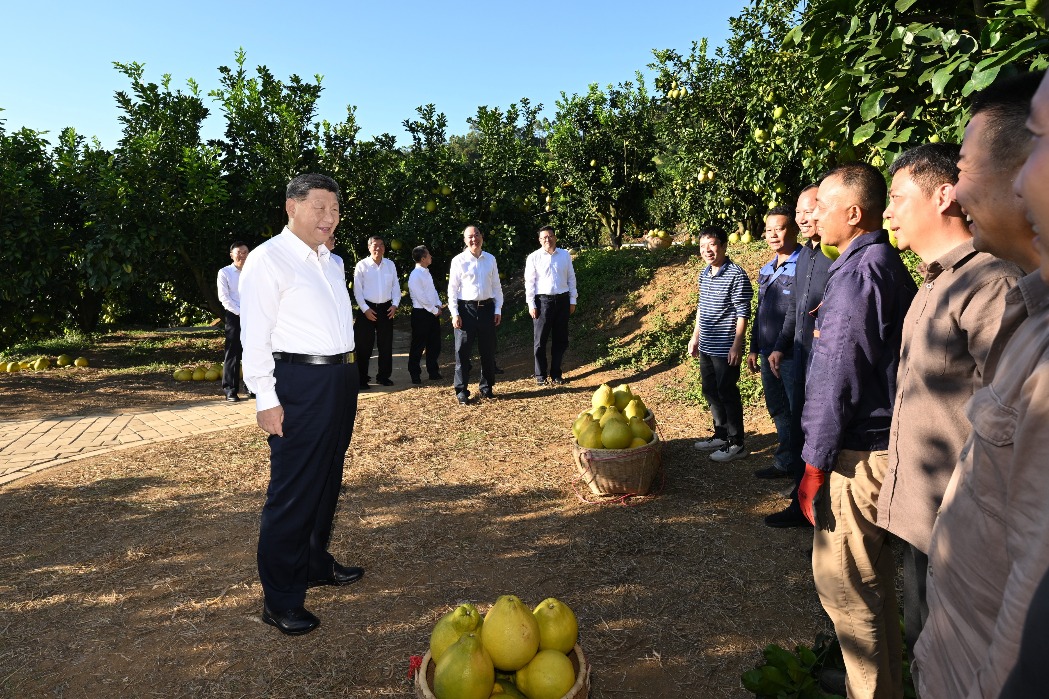Cultivate talent for new progress in AI technology


Editor's note: As artificial intelligence reshapes industries and societies worldwide, China's rapid rise to the forefront of AI development has attracted global attention. Yang Shanlin, an academician at the Chinese Academy of Engineering, speaking to Science and Technology Daily, outlined China's strengths in technology, innovation and talent cultivation as well as the challenges faced in basic research. Below are excerpts from the interview. The views don't necessarily represent those of China Daily.
With strong competitiveness in fields such as intelligent speech, computer vision and smart manufacturing, Chinese enterprises and research institutions stand out in their ability to translate engineering advances into real-world applications.
China enjoys unique advantages in engineering practice and technology adoption. Supportive policies and resource integration by the government help accelerate the commercialization of innovations, while abundant data resources and vast application scenarios provide fertile ground for the rapid evolution of artificial intelligence. China continues to make breakthroughs in algorithm optimization, large model training and chip design, which not only enhances its global influence but also speeds up the integration of AI in sectors such as healthcare and manufacturing.
However, some weaknesses remain. In basic theoretical research, China still lags behind the United States and Europe, with relatively few disruptive original achievements. Dependence on overseas results in some core theories and architectures constrains the country's AI advancement.
Hence, greater support should be directed toward basic research and the creation of an ecosystem that encourages originality, enabling researchers to explore "from zero to one". Meanwhile, deeper integration of industry, academia and research, coupled with optimized evaluation and resource allocation mechanisms, will be vital to turning foundational studies into original technologies and strengthening China's position in AI.
Talent cultivation is also key, with two central tasks of fostering diversity and building originality. AI is an inherently multidisciplinary field that spans theoretical, technological, application, managerial, ecological and integrative innovations. Each type of innovation requires corresponding specialized talent. Likewise, as AI reshapes many disciplines, the AI plus trend demands professionals who combine expertise in their own fields with AI literacy, forming a compound knowledge structure.
In addition, talent development must extend across all levels and age groups, from cultivating AI thinking in basic education to upskilling workers and supporting researchers, thereby fuelling AI advancement.
Today, AI is undergoing a profound cognitive revolution. Just like other countries, China should nurture talents to challenge established theories, break free from path dependence and create original breakthroughs.
Education must shift its focus from simply transmitting knowledge to cultivating capabilities. In particular, three core competencies are crucial: lifelong learning to adapt to rapid technological change, innovative practice to turn ideas into solutions for complex real-world problems, and systematic thinking to approach challenges from a cross-disciplinary perspective and integrate resources.
Sociality is the defining attribute that distinguishes humans from AI and machines. Social skills, including communication, organization and leadership, will become core human advantages, and also the key reasons why the service sector will continue to grow. In addition, the ability to use intelligent tools will become a fundamental skill and a basic threshold for employment. Therefore, workers are advised to actively embrace AI and acquire the relevant skills.

































